Johnson-haters in the party can smell blood
This Christmas was supposed to restore Boris Johnson’s relationship with his party and the public. New restrictions threaten both.
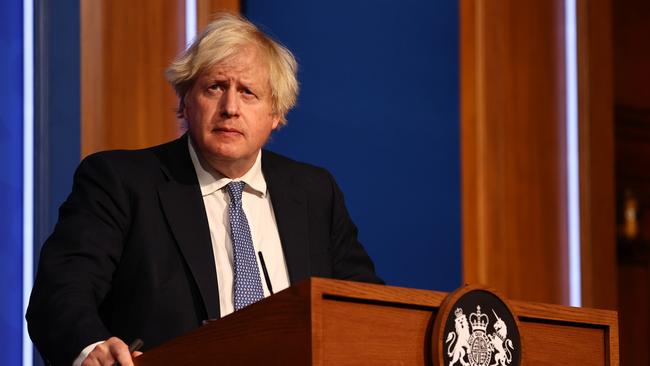
It was not meant to be this way. This Christmas was supposed to help restore Boris Johnson’s relationship with both his party and the public. Instead, it is threatening to break both.
Less than a month ago, ministers were confidently talking about how this Christmas would see very few restrictions in England. By contrast, several European countries were introducing more and more stringent measures. Their private view was this contrast would help the government recover some of its damaged reputation for competence as well as vindicating the decision to open up over the summer. They hoped this might create an atmosphere similar to the vaccine bounce that put the government in such a powerful political position in May.
Omicron has put paid to that. Britain is back to the days of waiting for hastily arranged Downing Street press conferences to find out what it will be allowed to do next week. In these circumstances, allegations about whether the rules were broken in Downing Street last Christmas cause particular anger.
People are understandably fed up with waiting to hear if their holiday or their Christmas celebration can go ahead. Irritation is exacerbated by the fact the rules have little internal logic, as the government is trying to minimise their economic impact. So you need a mask to go into John Lewis, but not one for a trip to the King’s Head where you are far more likely to be in close contact with people.

When she resigned on Wednesday, Allegra Stratton (my wife) said she did so because she feared the leaked footage of a mock Downing Street press conference was distracting from the fight against Covid and the sacrifices already made. Now the imposition of yet more new rules, and the constant sense that more might be coming, is draining an already exhausted public.
These new curbs are stretching Johnson’s relations with his own MPs to breaking point.

Thirty-two Tory MPs rebelled against the new self-isolation rules when they were brought to the Commons last week; revealingly these have now been eased up. But MPs are spitting tacks about the other measures. They are particularly cross because they had been reassured there would be no more action taken until the vaccine efficacy data was in, until it was clear how much of a threat to a highly vaccinated population this new variant was. Johnson has instead decided to move in advance of that data.
Downing Street’s case is there isn’t time to wait for the full figures. They argue that if the number of cases is doubling every two to three days, it just isn’t possible to wait another week for data from both the Porton Down laboratories and South Africa to see how effective the vaccines are against this variant, both on infections and severe disease.
We are seeing growth in Omicron cases in the UK that mirrors the rapid increases seen in South Africa.
— Boris Johnson (@BorisJohnson) December 8, 2021
That is why it is now the proportionate and responsible thing to move to Plan B in England, to slow the spread of the virus.
Find out more: https://t.co/bZZYbzs59Lpic.twitter.com/ulvovWoL41
Yet lots of ministers are uncomfortable with this approach. The only ones not to express concern in cabinet committee about the decision to impose new restrictions at this point were Michael Gove and Sajid Javid.
Going early might turn out to be the correct call. But Johnson is not helping himself by musing about mandatory Covid vaccinations. For months, the more libertarian Tory MPs have been warning this is where things will end up. Most of their backbench colleagues have regarded these warnings as slightly far-fetched. Yet the prime minister has now made these warnings sound credible. Those who would have reluctantly gone along with the measures announced on Wednesday are now more inclined to vote against them because they think a line needs to be drawn in the sand before Johnson heads into deeply illiberal territory.
As one senior backbencher puts it: “People are now saying, no: we’re done.” One secretary of state laments that Johnson has a “very bad feel for the party” and wonders why he didn’t canvass opinion more widely before unleashing a debate on something to which the overwhelming majority of the cabinet and the parliamentary party are opposed.
Cabinet ministers and Johnson allies, not necessarily the same thing these days, have been trying to walk back these comments. But the damage they have done is already taking its toll. “Everything that they have said needs to be talked about ends up happening,” warns one MP.
An MP who knows the parliamentary party well predicts “a very substantial vote against and abstentions next week” when the new restrictions come to the Commons. This means Johnson will be in the uncomfortable position of having to rely on Labour votes to get them through, causing further tension between him and his parliamentary party.
In the aftermath of the Owen Paterson affair, Downing Street talked about just getting to Christmas, thinking that would give them a chance to regroup. They are now waiting nervously for the by-election result from Paterson’s old seat of North Shropshire next week. This is the kind of constituency where they normally weigh the Tory vote. Losing it would spark a mass panic among Tory MPs. The party’s hopes of holding it are now dependent on the anti-Tory vote splitting between the Liberal Democrats and Labour.
A consolation for Johnson is that he doesn’t face one concerted block of opposition in his parliamentary party. There is, unlike with Theresa May, no one organised faction trying to arrange the letters needed for a no-confidence vote in him. The danger is that the anger in the parliamentary party is more diffuse than that, it is not confined to any one ideological grouping. “All the people who hate Boris now sense blood,” warns one pro-Johnson cabinet minister.
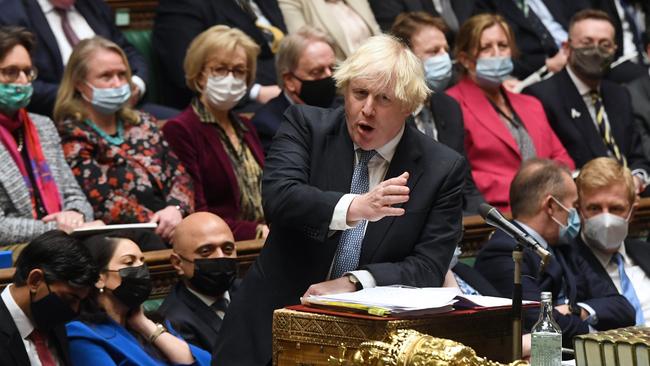
We are two years from Johnson’s election victory, in proper midterm territory. Johnson’s defenders argue that the Tories’ position is actually remarkably good for this stage in the electoral cycle. It is right that the Conservatives were far further behind at this point in the Cameron era.
This ignores two things. First, Johnson’s relationship with his parliamentary party is highly transactional. They accept his heterodox conservatism and the drama of his leadership because he is a winner. If that aura goes, then he’ll be in real trouble. No one ever accused Tory MPs of being sentimental in these matters.
The second is that the Tories’ unpopularity in 2012 was part of the cycle of the parliament: the Conservatives had done “austerity” early to try to restore order to the public finances so that they could offer a brighter prospectus ahead of the next election. By contrast, this government has been spending big and will introduce tax rises in April.
There is, as one Minister puts it, a “general angst and frustration” on the Tory benches at the moment. Johnson cannot dispel this on his own. He is now dependent on Omicron being mild enough that these restrictions can be rapidly removed in the new year. Without that, the upset will only grow.
(James Forsyth is political editor of The Spectator)
The Times

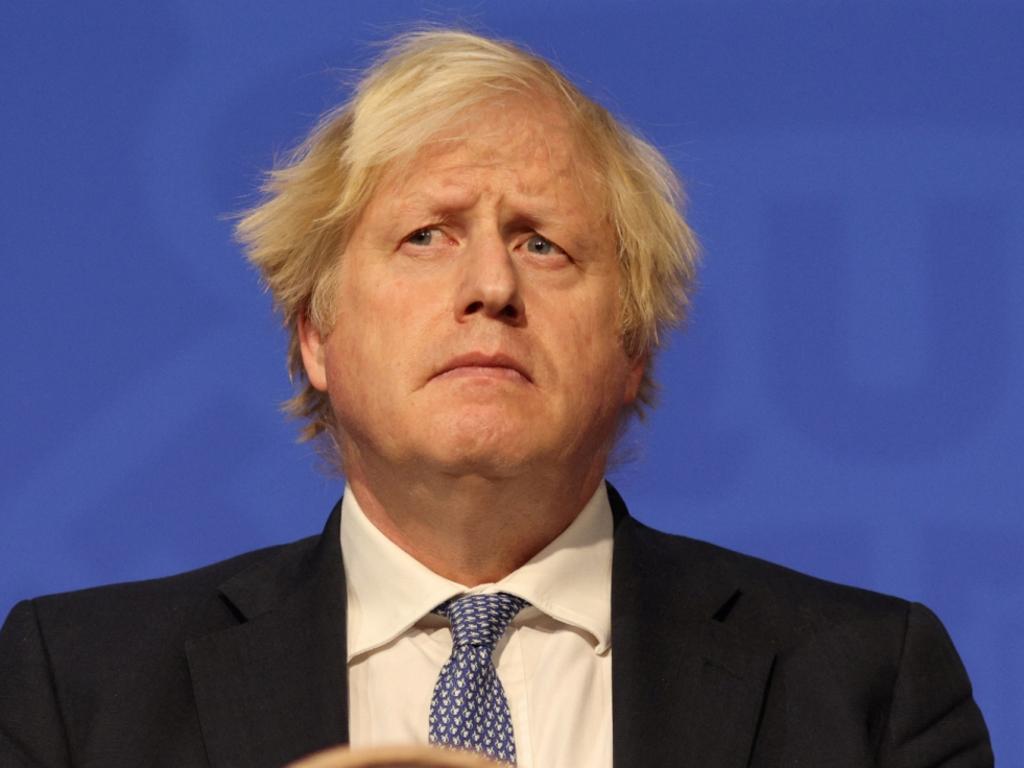
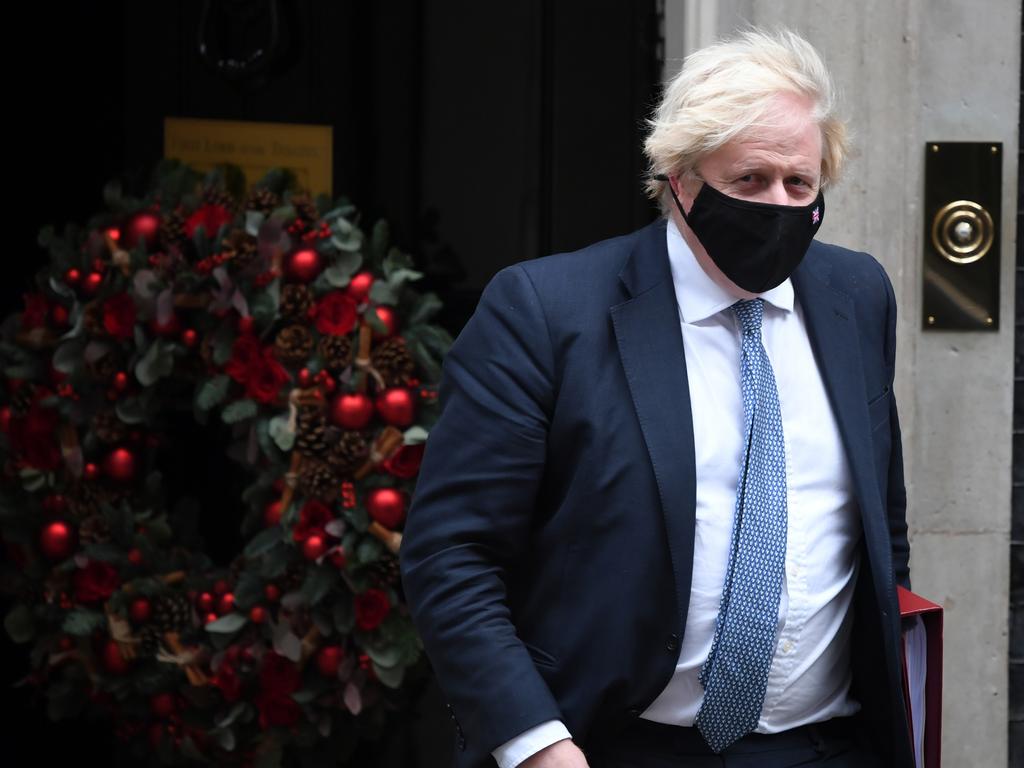

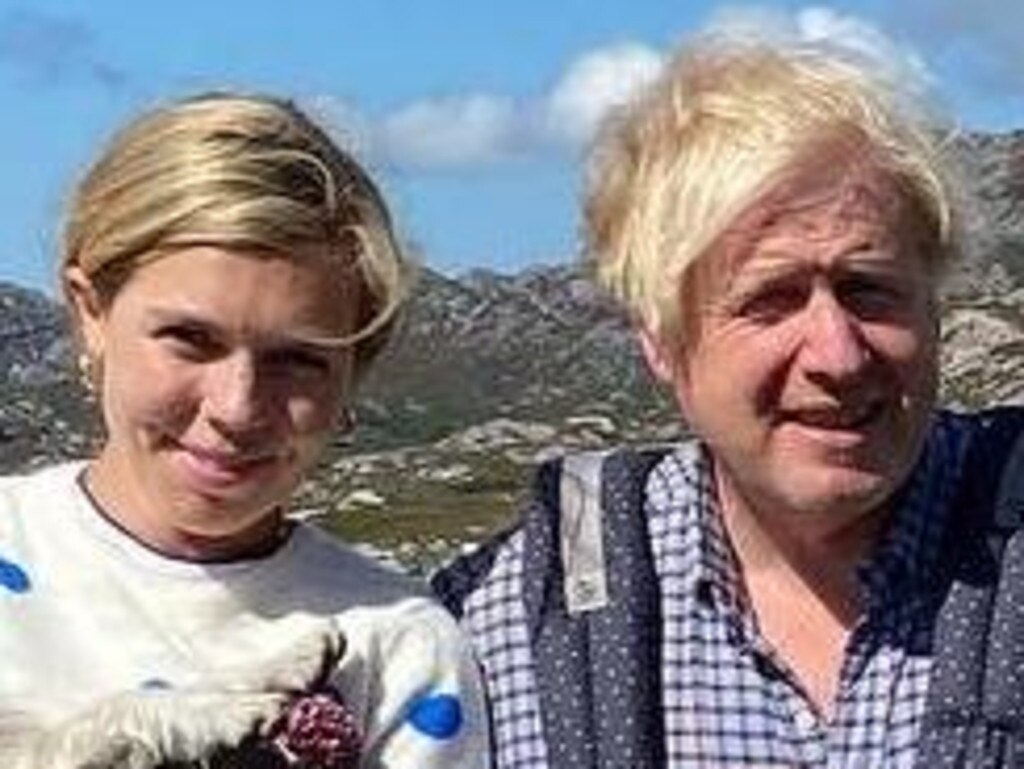


To join the conversation, please log in. Don't have an account? Register
Join the conversation, you are commenting as Logout